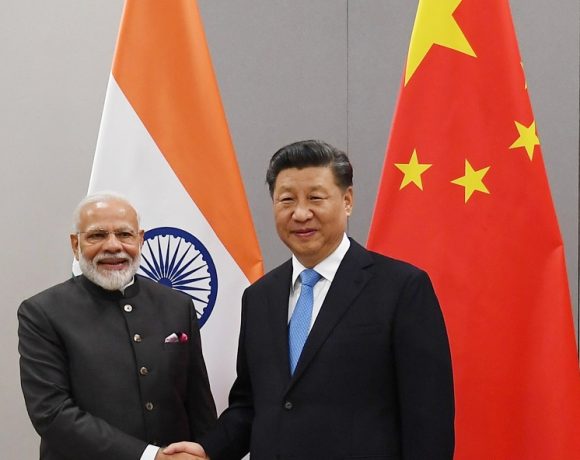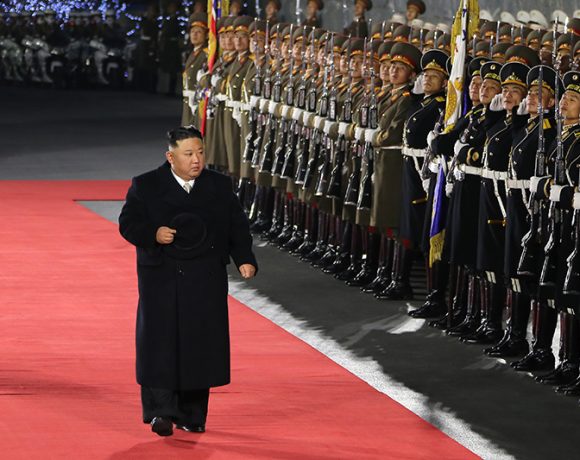
India Develops Sanctions-Proof Supply Chain for Russian Oil
In response to escalating international sanctions targeting Russian oil exports, Indian oil refiners are proactively restructuring their supply chains to ensure uninterrupted access to Russian crude. As reported by The Economic Times, these refiners are collaborating with merchants, shippers, and various intermediaries to establish alternative channels that comply with the latest U.S. sanctions.
The recent sanctions have blacklisted several Russian oil producers and numerous tankers, complicating traditional procurement methods. To mitigate potential supply disruptions and avoid increased costs, Indian companies are creating new entities and modifying shipping arrangements. This strategic move aims to maintain the steady flow of Russian oil into India while adhering to international regulations.
India’s reliance on Russian crude has grown significantly, especially after Western nations imposed sanctions on Moscow following its invasion of Ukraine in 2022. The discounted prices of Russian oil have been economically advantageous for Indian refiners, making it imperative to devise methods to circumvent the challenges posed by the latest sanctions.
One notable approach involves the establishment of new trading firms that handle the procurement and transportation of Russian oil. These entities often operate under different jurisdictions and utilize a fleet of smaller, less conspicuous vessels to transport the crude. This method reduces the risk of detection and circumvents restrictions imposed on larger, flagged tankers.
Additionally, Indian refiners are exploring alternative payment mechanisms to facilitate transactions with Russian counterparts. This includes the use of currencies such as the Chinese yuan and the United Arab Emirates dirham, thereby reducing dependence on the U.S. dollar and minimizing exposure to sanctions-related financial channels.
The Indian government has also been in active dialogue with Russian authorities to ensure the continuity of oil supplies. As reported by Reuters, Russian energy officials have expressed confidence that U.S. sanctions should not hinder oil trade with India, emphasizing the strong bilateral relationship and mutual economic interests.
However, these efforts are not without challenges. The use of alternative shipping arrangements and payment systems can lead to increased operational costs. Moreover, the establishment of new trading entities requires meticulous compliance with international laws to avoid potential legal repercussions.
Despite these hurdles, India’s initiative to build a sanctions-proof supply chain underscores its commitment to securing energy resources amidst a complex geopolitical landscape. By proactively adapting to evolving sanctions, India aims to safeguard its energy security and sustain economic growth.


















